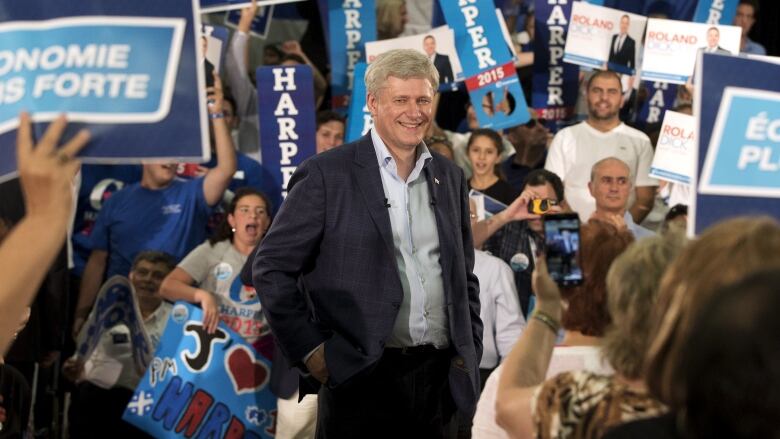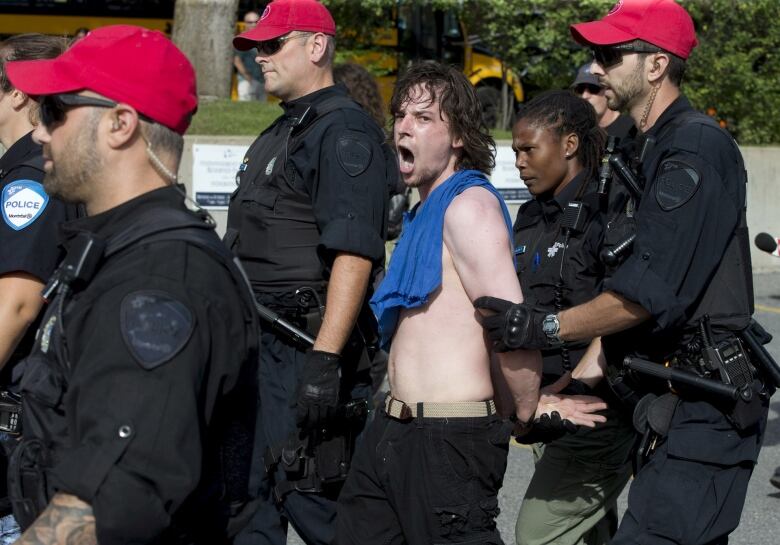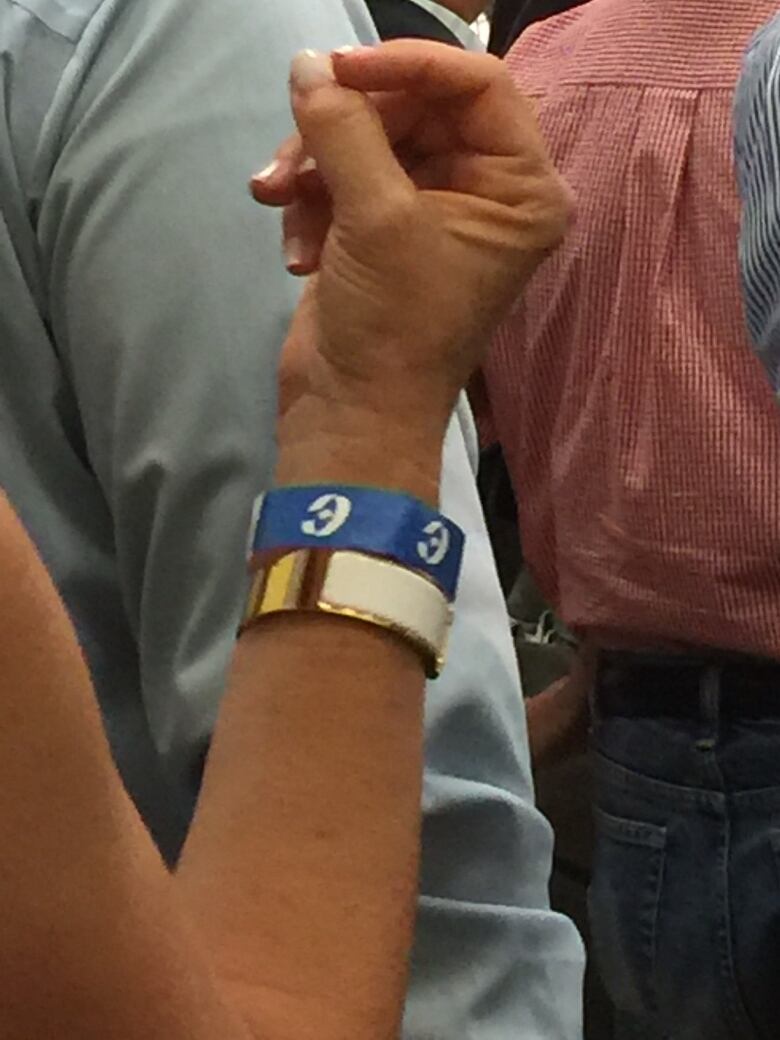Canada election 2015: Rallying the faithful the secret to Conservative success
Tories prescreen people at rallies, but so-called 'normal Canadians' are their base, writes Andrew MacDougall

While the fundamental objective of a campaign doesn't shift with the long haul of a lengthier writ, the chances of stepping on a landmine certainly does. And, at double the standard campaign period, this election provides twice the time for that.
That's why leaders will be paying particular attention to clearing the road ahead of them in the early days of the 42nd federal election.
- Trudeau takes his campaign to Stephen Harper's backyard
- Harper defends economic record, says downturn will be 'temporary'
- ANALYSISIn this election campaign, the only constant is 'change'
The goal for leaders on Sunday, the first day of the campaign,was to frame a ballot question and to avoid getting tripped up on process.
How did they do?
Conservative Leader Stephen Harper took advantage of the trappings of office and used a prime ministerial launch at the Governor General's digs to put his economic record and tough stance on security front and centre.
A slightly nervous NDP LeaderThomas Mulcair followed suit with a professionallystaged event using Parliament Hill as a background to press his case for change.
And Liberal LeaderJustin Trudeau eventually popped up in Vancouver surrounded by supporters to make the case for the middle class before marching in the local Pride parade.
Avoid metaphorical landmines
As for landmines, Trudeau narrowly avoided one after being trapped in the air for hours after the other leaders spoke,Mulcair stepped squarely on one with a take-no-questioners approach to his launch event, and Harper performed a controlled detonation around the issue of the cost of a longer campaign.

Only Mulcair's campaign suffered an unforced error. Take it from me, team NDP: the media don't like being stenographers.
Meanwhile, nobody but the obsessives and the media forced to work the Sunday of a long weekend noted the momentary Trudeau darkness, whileHarper dealt deftly with what was always going to be the day-one story.
With little policy expected in the first days of the writ, the press will be forced to search for other unforced errors, and will undoubtedly try to force parties into making more.
I remember all too well the distraction of the first week of the 2011 campaign, when the press hounded the Conservatives repeatedly over our restrictive approach to campaign rallies.
Indeed, Buzzfeed and other outlets have already had a pop at the Conservatives this campaign over the plans to hold rallies only for identified supporters, claiming Harper won't be meeting any "normal"Canadians.
Set aside the fact that Conservative supporters are as "normal" as any Canadian, is there any merit to the allegation that Harper is too timid to meet Canadians unscripted?
The answer to that question can only be understood when set against the broader goals of the campaign. DoesHarper think the best use of his campaign time is to meet potential swing voters in an unscripted manner, or does he want to instead fire up highly motivated and highly partisan supporters?
It's the latter, and that's why the Conservative Party does business the way it does business. It knows the leader can only reach so many people through direct contact, but its supporters can multiply out and have thousands, if not millions, more interactions.
FRAN: friends, relatives and neighbours
There are three prongs to the persuasion attack: the leader's tour filtered through the press; the advertising air war taken directly to the home (via the TV, the internet, or direct mail); and the army of friends, relatives and neighbours (FRAN) that do the yeoman's work of campaigning.

Harper tolerates the first, leans heavily on the second, and wins because of the third.
The daily rallies at the end of a campaign day are meant to reward the faithful for their hard work and contributions, and to fire them up to keep pounding in lawn signs, knocking on doors, and adding new supporters into the party's database. (They're also meant to bludgeon the ballot question into the travelling press pack's heads.)
That's also why candidates are encouraged to prioritize canvassing over any other campaign activity. While the romantics like to think unending debate between the candidates is what carries the day, in reality it is the less-glamorous work of door-knockingthat knocks in the nails to your opponent's electoral coffin. Whether it's the candidate or your party's FRANs who go out, that one-on-one contact makes moredifference than the much-discussed leaders'debates.
Trudeau appears to have learned that lesson, having prioritised the replanting and tending of the grassroots after years of party neglect. This campaign must bear the fruit of all of those skipped question periods or the Liberals will once again come third.
The NDP, too, has flexed some new-found organizational muscle, having drawn a record amount of funds from a record amount of donors in the second quarter. The trick will now be for the NDP to pull all of that newfound support to the polls come Oct.19.
While the aerial combat of ads and horse-race polling might be more fun to watch, the electoral battle will be won, as it usually is, in the trenches.
Harper's critics might scoff at his love of the bubble between him and anyone who isn't a devoted supporter, but it's won him three consecutive electoral victories, and if he's to win a fourth it will be on the backs of tens of thousands of highly motivated supporters, and the friends, relatives and neighbours they encourage to vote blue.
You might not have heard of FRAN, but you ignore themat your peril.
Andrew MacDougall is a former director of communications to Conservative Leader Stephen Harper. He is now the senior executive consultant at MSLGROUP London. Follow him@agmacdougall.












_(720p).jpg)


 OFFICIAL HD MUSIC VIDEO.jpg)
.jpg)



























































































